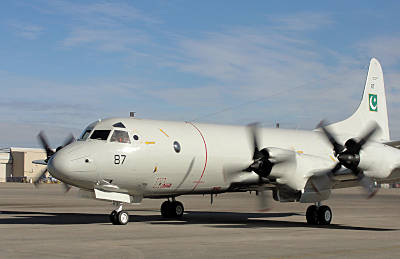WASHINGTON, Aug. 4, 2011 — Casing the colors of U.S. Joint Forces Command is not a retreat from joint operations, the combatant command’s last commander said today.
Army Gen. Raymond T. Odierno and Marine Corps Sgt. Maj. Bryan Battaglia, command sergeant major, furled the colors of Joint Forces Command in a ceremony in Suffolk, Va., marking the end of the four-star command.
“We no longer require a separate four-star command to oversee joint warfighting,” Odierno said during the ceremony. “We have progressed far enough and inculcated jointness deeply enough to realize an efficiency while simultaneously refining our efforts.”
The end of the command does not mean the end of joint operations or the emphasis on joint theory in the U.S. military, the general said. Rather, he added, the U.S. military is adapting to a new reality.
While many in the services saw great advantages to joint warfighting, many opposed it in the 1980s. Operations in Grenada and Lebanon highlighted the need for the services to work more closely together. Joint Forces Command grew out of U.S. Atlantic Command and was the epicenter for joint warfare, joint doctrine, joint training and putting together joint force packages.
“Over the last 10 years, we have witnessed a revolution in modern warfare,” Odierno said. “Today’s complex operating environment requires a joint force that is flexible and adaptive to the challenges of this new environment. We have employed our land, air and maritime forces in ways we didn’t envision a decade ago, but in ways which are now standard practice — in ways which are essential to meet our current national strategy and warfighting demands.”
Coalition forces in Afghanistan share vital operational information on the Afghan mission network, which the command helped to develop and still uses to train new forces. “In the joint training realm, joint headquarters elements deployed to Afghanistan in support of International Security Assistance Force was trained and supported by Joint Forces Command,” Odierno said.
The general was one of the consumers of the forces deployed via Joint Forces Command when he was commander of Multinational Corps Iraq. “[I] benefited directly from Joint Forces Command collective training programs and expertise,” he said.
The command also worked with the other combatant commands to tailor forces for deployment.
“Joint Forces Command developed and implemented processes to meet the combatant commanders’ requirements in a timely and balanced way, ensuring trained and ready joint-capable forces for short-notice deployment and for long-term rotations during the past decade of operations in Afghanistan and Iraq,” Odierno said.
Many of the missions that personnel at the headquarters performed will remain, but under new management in other agencies, the general noted.
“Our warfighting commanders will continue to benefit from the timely coordinated deployment of joint operational capable forces, synchronized training of those forces and prioritized integrated capabilities to support them,” he said.
Odierno received the Defense Distinguished Service Medal from Navy Adm. Mike Mullen, chairman of the Joint Chiefs of Staff. The Senate has confirmed Odierno to succeed Gen. Martin E. Dempsey as Army chief of staff.
Source:
U.S. Department of Defense
Office of the Assistant Secretary of Defense (Public Affairs)

 von
von 